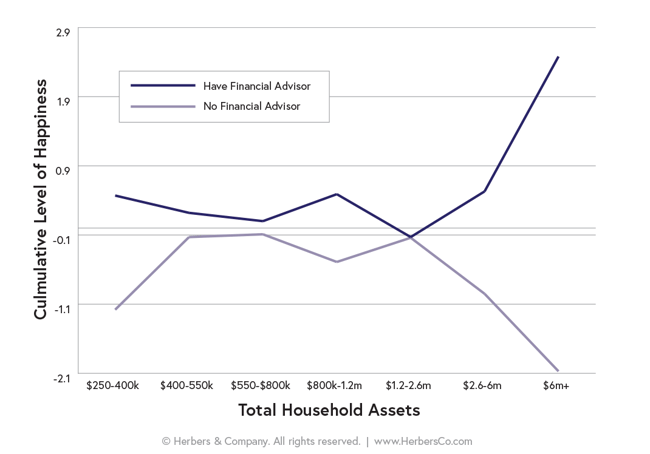Hollywood actor Jim Carrey once said...
"I think everybody should get rich and famous and do everything they ever dreamed of so they can see it's not the answer."
One of the main tenants of personal finance is called the time value of money (TVM).
The idea is that money is worth more today than it will be in the future...
It's a concept that's become a part of me.
Over Christmas I read an interesting piece on money and the pursuit of happiness.
It talked about how we can use our money to life a life we would be proud to look back on.
What would it look like if we changed our focus on money, towards happiness instead?
Money should not be a goal, but a tool
It's common to pursue money as a goal.
You will know people who focus entirely on how much they earn, or will retire once they hit their "magic number."
Some people set goals related to the collection of things - a nicer house, a fancier car, or a better job title.
These are indirectly treating money as a goal.
The research tells us however, that money is useless on its own and buying things won't make us happier.
One example of using money as a tool instead came from Happy Money by Elizabeth Dunn and Michael Norton.
They describe how we can use our money in a way that brings more happiness, by prepaying for experiences.
By prepaying, we don't have to hand over any money during the experience, so we won't feel the 'sting' of spending.
What if we changed our perspective from using money as a goal, to using money as a tool?
It's a profound mindset change.
Money doesn't buy happiness
This is the main reason to shift away from viewing money as a goal.
Of course, it's not that simple.
Firstly, money does buy happiness if you are in poverty or your basic needs aren't being met.
Psychologist Daniel Kahneman, author of one of my favourite books, Thinking Fast and Slow, says,
"Money doesn't buy happiness, but the lack of money buys misery."
Secondly, for those with $1.2m or more of assets, a recent study has shown that those with a financial planner were statistically happier than those without one.
This survey of 1,000 random consumers across the US...
(all of whom had self-reported assets of $250,000 or more),
Consisted of a list of 43 statements to gauge the level of consumer happiness.
It identified four core factors that make people happier: fulfillment, intention, impact and gratefulness.
All four predictors of happiness were heightened among consumers who work with financial planners—by a wide margin.
As individuals move past $1.2 million of assets, those who work with financial planners rapidly increase in happiness, while those without planners rapidly become less happy.

It seems, for individuals with more than $1.2 million in assets, a financial planner is critical to happiness.
Happiness buys money
It could be the opposite - happier people could make more money.
After all, happier people are easier to get along with, are open to more opportunities, and may be offered more opportunities.
Maybe, happiness buys money.
Changing your focus
I'm currently working on my 2022 goals.
While doing so, I asked myself why I want to achieve that goal.
Why it's important to me.
I found that no matter my goal, ultimately they result in making either myself or someone I love happy.
What might that look like with money goals?
"I want a million dollars."
"Why?"
"I don't have to worry about paying my bills."
"Why don't you want to worry about paying bills?"
"Because being behind with bills is stressful."
"Why don't you want that stress?"
"Because I would be happier if I wasn't stressed out all the time."
All roads lead to happiness.
Happiness and purpose
I recently wrote a piece in The National about the purpose of money in your life.
Having a financial purpose means knowing what money needs to do for you.
It helps you understand money's role in your life.
Consider drafting a simple financial purpose statement.
When you do this, try to articulate your purpose in a way that will bring you and those you love the most happiness.
After all, you'll want to look back without regret and say you lived a happy life.
Money doesn't buy happiness, but how we use it can
As humans we tend to pursue money, stuff, and status.
Yet if we look deep enough, we want those things because we want to be happy.
There are easier ways to become happier.
Money is deeply personal and emotional.
Shifting our pursuit towards happiness instead of money will change the way we view our lives.
Happy New Year and here's to happiness, health and wealth in 2022.

